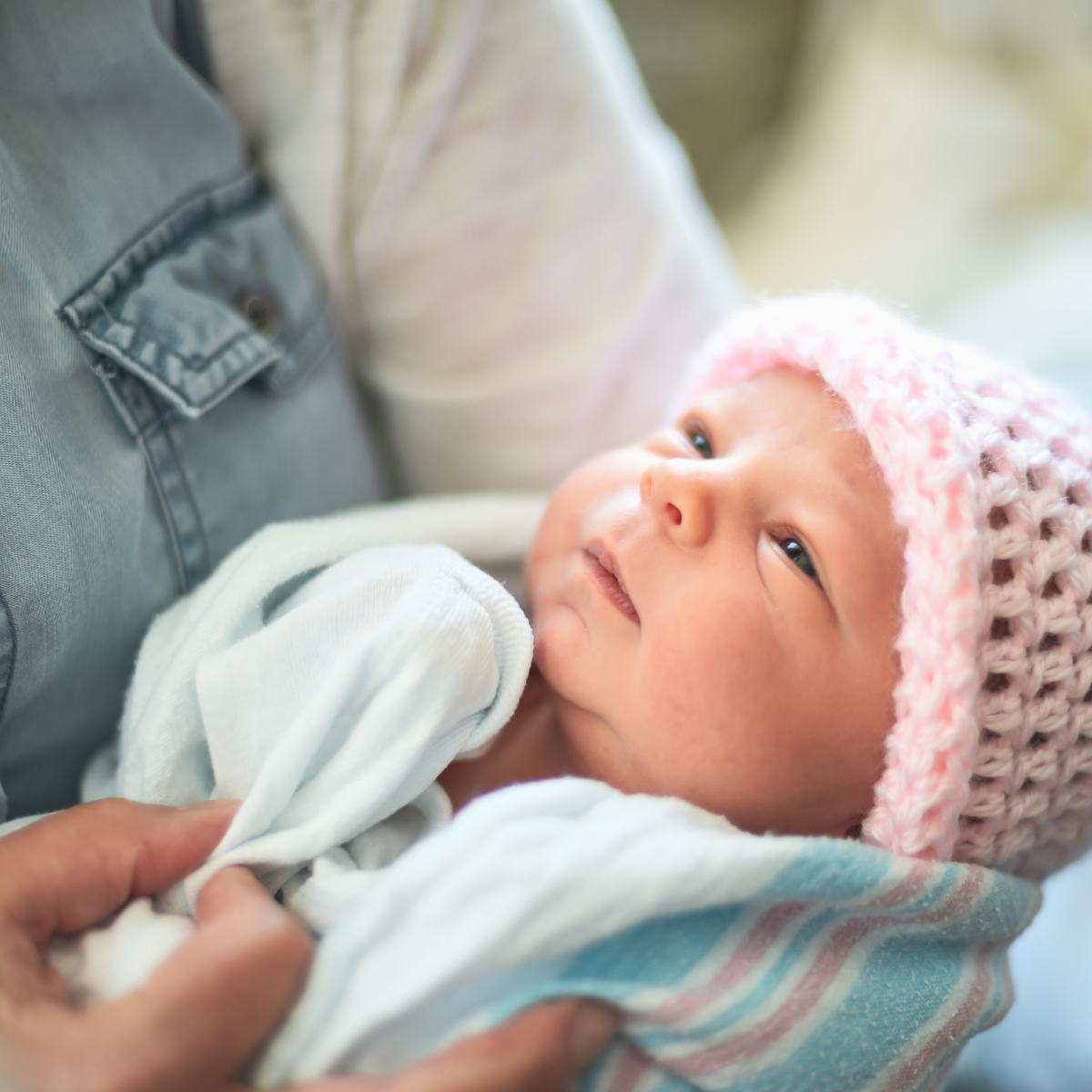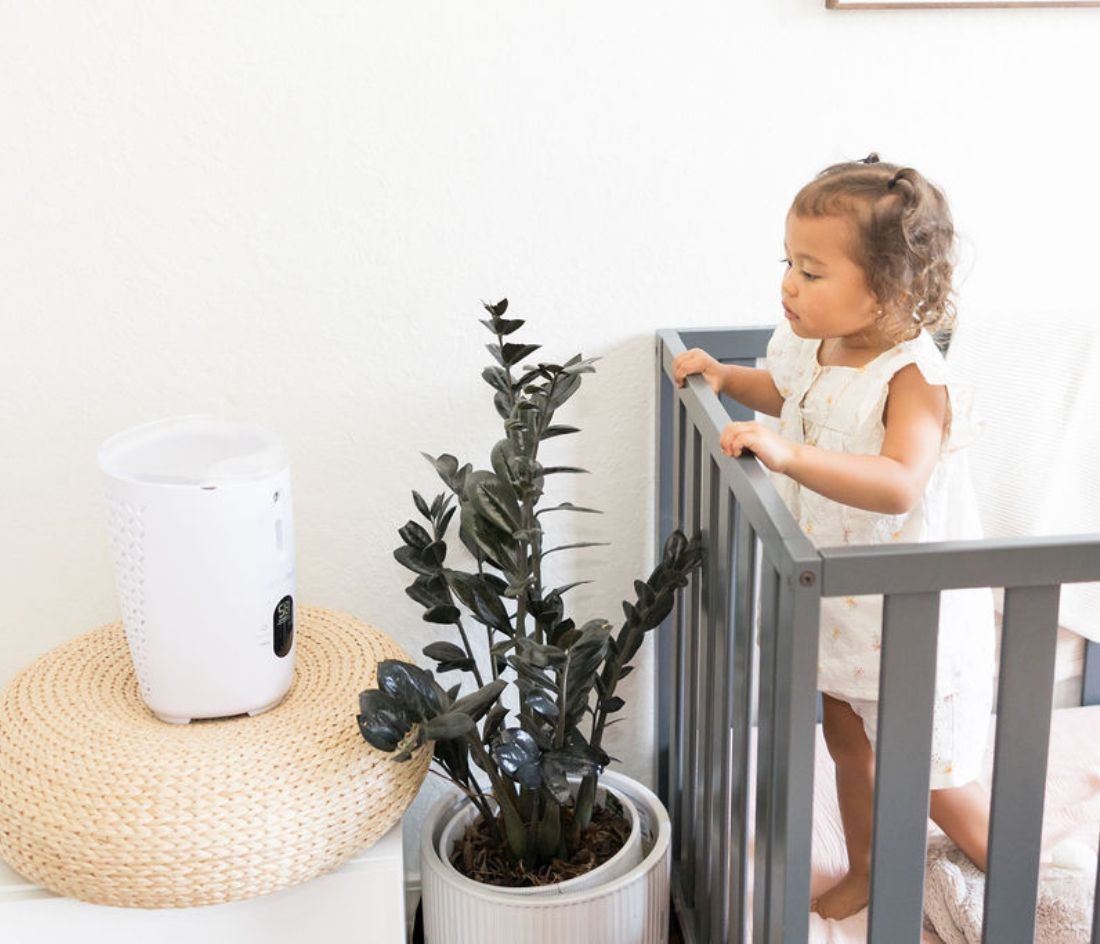As a parent, ensuring your baby stays healthy is always a top priority. With cold and flu season upon us, one virus in particular requires special attention: Respiratory Syncytial Virus (RSV). RSV is a common virus that most children will encounter by the time they reach two years old. While it typically causes mild cold-like symptoms, it can pose more significant risks for infants, especially those under one year old. Here’s what you need to know to protect your child during RSV season.
What is RSV?
RSV is a contagious respiratory virus that affects the lungs and breathing passages. In most cases, older children and adults recover within a week or two with mild symptoms. Still, for infants, RSV can result in more severe illnesses like bronchiolitis (inflammation of the small airways) and pneumonia. Babies born prematurely or with weakened immune systems are particularly vulnerable to complications from RSV.

Symptoms of RSV
The symptoms of RSV can appear 4-6 days after exposure and often mimic a common cold. These include:
-
Runny nose
-
Decreased appetite
-
Coughing and sneezing
-
Fever
-
Wheezing
In more severe cases, parents might notice fast or labored breathing, flaring nostrils, or a bluish tint around the lips and nails – all signs that require immediate medical attention.
How is RSV Spread?
RSV spreads easily through direct contact, such as kissing your baby’s face or touching contaminated surfaces like toys or doorknobs. The virus can also be transmitted through respiratory droplets when someone coughs or sneezes. Once infected, a person can spread RSV to others even before showing symptoms. Babies are particularly susceptible because of their smaller airways and immature immune systems.

Preventing RSV
Several preventative measures can help reduce your baby’s risk:
-
Practice Good Hand Hygiene: Wash your hands thoroughly before touching your baby.
-
Limit Exposure: Avoid crowded places and limit your baby’s contact with individuals showing cold-like symptoms.
-
Disinfect Surfaces: Regularly clean toys, pacifiers, and frequently touched surfaces.
-
Avoid Secondhand Smoke: Smoke exposure can increase the severity of respiratory infections.
-
Use a Humidifier: Keeping the air moist can ease your baby’s breathing and reduce the risk of dry, irritated airways.
Caring for Your Baby at Home
If your baby contracts RSV, supportive care is essential to keep them comfortable and help them recover. Some helpful steps include:
-
Keep Your Baby Hydrated: Encourage frequent feedings to avoid dehydration.
-
Use a Nasal Aspirator: Devices like the Dr. Noze Best nasal aspirator can help clear mucus from your baby’s nose, easing their breathing.
-
Run a Cool-Mist Humidifier: Moist air can soothe irritated airways and relieve congestion. Our BreatheEZ humidifier is designed to create the optimal microclimate for their health, helping your baby breathe comfortably during recovery.
-
Monitor Symptoms: Monitor your baby’s breathing patterns and temperature closely to detect any worsening symptoms.

When to See a Doctor
While mild RSV cases can be managed at home, you should seek medical attention if your baby:
-
Shows signs of difficulty breathing or wheezing
-
Develops a high fever (especially in babies under 3 months)
-
Has bluish lips or fingernails
-
Exhibits signs of dehydration, such as fewer wet diapers or lethargy
RSV can be scary, but with the right care and prevention steps, you can protect your baby through cold and flu season. Stay vigilant, use helpful tools like nasal aspirators and humidifiers, and don’t hesitate to contact your healthcare provider if you’re concerned about your child’s health.
A Warm Note from Dr. Noze Best
At Dr. Noze Best, we know how stressful navigating your baby’s health can be, especially during cold and flu season. That’s why we are committed to supporting parents every step of the way with tools like our nasal aspirator and humidifier, designed to make caregiving a little easier. If you have any questions or concerns about RSV or your child’s well-being, don’t hesitate to contact your healthcare provider. Together, we can help your little one breathe easier, stay comfortable, and get through the season safely.
Take care and stay well,
The Dr. Noze Best Team
The Nozebot is a battery-powered suction device designed to clear nasal congestion in babies and children.



